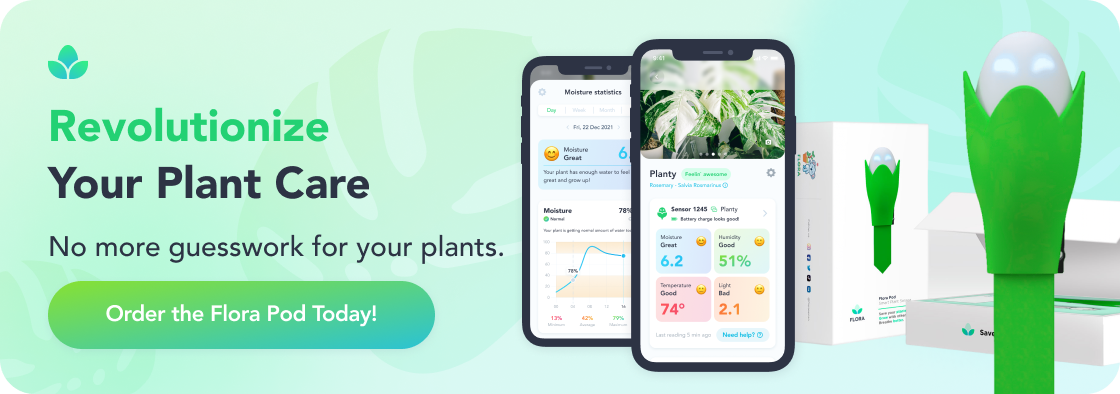Are Spider Plants Toxic? Separating Myth from Fact

A thriving household often includes a mix of humans, pets, and plants co-existing in harmony. As you incorporate greenery into your living space, understanding plant toxicity becomes paramount, especially if you share your home with furry friends. One question that frequently arises among plant enthusiasts is, "Are spider plants toxic, especially to cats?" Let's delve into this query and separate myth from fact.
The Origin and Popularity of Spider Plants
Spider plants, scientifically known as Chlorophytum comosum, trace their origins to the tropical regions of Africa. Over the years, they have climbed the popularity charts, becoming a favored choice for indoor gardeners due to their minimal care requirements and distinctive appearance. Their long, arched leaves adorned with white stripes give them a unique aesthetic appeal. However, beyond their beauty, understanding their natural habitat and characteristics can offer insights into their interaction with pets.

Spider Plant Toxicity: What Science Says
Plant toxicity often stems from specific compounds that may be harmful if ingested or come into contact with the skin. The good news is that spider plants are generally considered non-toxic to both humans and pets. Most scientific sources and expert horticulturists concur that while cats might be drawn to the spider plant's long, arching leaves, ingestion typically doesn't lead to severe health issues.
Are Spider Plants Toxic For Cats?
While spider plants are a favorite among indoor gardeners, many cat owners are often concerned about their pets nibbling on these enticing green tendrils. Addressing the question, "Are spider plants toxic for cats?", most scientific literature and experienced botanists confirm that they are largely safe. However, as with many things in life, the devil lies in the details. While these plants are non-toxic, if a cat consumes a significant amount, they might experience mild digestive disturbances like vomiting or diarrhea. This reaction isn't due to toxicity but rather the plant's fibrous nature which might be hard for a cat's digestive system to process. It's crucial for pet owners to be observant. If your feline shows signs of distress after consuming any part of the spider plant, it's always a good idea to consult with your veterinarian. They can provide guidance tailored to your pet's specific situation.
Are Spider Plants Toxic For Dogs?
Dogs, unlike cats, aren't typically drawn to plants. However, for those dogs with a penchant for greenery, it's essential to know if spider plants pose any threat. The consensus among botanists and veterinarians is that spider plants are non-toxic for dogs. However, similar to cats, if a dog consumes a large amount of the plant, it might experience digestive discomfort. Symptoms could range from a mild stomach upset to diarrhea. It's advisable to keep spider plants out of reach if you have a particularly curious pup. And, if your dog does ingest a significant portion and displays signs of discomfort, seeking veterinary advice is the best course of action.

Are Spider Plants Toxic For Humans?
For households with children or even adults who might be wondering, "Are spider plants toxic for humans?", the answer is reassuring. Spider plants are entirely safe for human interaction. Touching or handling the plant poses no risk. Even if accidentally ingested, the plant is non-toxic, although it's not advisable to consume houseplants. In rare cases, someone might experience a mild allergic reaction upon contact, manifesting as a skin rash. If such a situation arises, washing the affected area and consulting a medical professional is recommended. Always ensure that houseplants are kept away from young children who might be tempted to taste them out of curiosity.
Comparing Spider Plants with Other Common Houseplants
In the vast realm of houseplants, spider plants stand out as one of the safer options, especially when compared to other popular choices. For instance, plants like lilies and poinsettias are known to be toxic to cats. In contrast, spider plants don't contain compounds that can harm your pets severely. This distinction makes them a more pet-friendly choice for households aiming for a harmonious coexistence of flora and fauna.
Why Cats Are Attracted to Spider Plants
If you've ever caught your feline friend nibbling on your spider plant, you're not alone. Cats seem to have a peculiar fascination with these plants. Some theories suggest that spider plants might have a mild hallucinogenic effect on cats, similar to catnip. While these effects are not harmful, they can make spider plants particularly enticing. It's also possible that the plant's long, dangling leaves simply present an irresistible plaything for curious cats.
Keeping Spider Plants and Cats in Harmony
While spider plants are not toxic, it's still a good practice to prevent your cat from making a snack out of them. Regularly providing your cat with toys and cat grass can divert their attention. If you're looking for solutions tried and tested by the plant community, Flora's vibrant community often shares innovative methods to protect plants from pets without restricting either's natural behavior. From strategic plant placement to using pet deterrents, various solutions can ensure both your green companions and pets thrive harmoniously.
In conclusion, as you add more plants to your collection, understanding their needs and potential interactions with pets is crucial. Spider plants offer beauty, simplicity, and peace of mind, given their non-toxic nature. By staying informed and taking preventive measures, you can ensure a happy, healthy environment for all members of your household.

Fern's Leafy Learnings
Understanding Spider Plants: Native to the tropical regions of Africa, spider plants have become a popular choice among indoor gardeners, known for their distinctive appearance and minimal care requirements.
Safety First: Scientific sources and horticulture experts agree on the non-toxic nature of spider plants. They are generally safe for both humans and pets, making them a preferred choice for households with furry companions.
Cats and Spider Plants: While spider plants aren't toxic to cats, some felines might experience mild digestive disturbances if they consume a significant amount. It's essential to monitor your cat's behavior and consult a veterinarian if needed.
Dogs Interaction with Spider Plants: Dogs are less inclined to interact with plants, but in case they do, spider plants pose no severe threat. However, as with cats, consuming large amounts might cause mild digestive discomfort.
Creating a Harmonious Environment: Spider plants are one of the safer houseplant options when considering pet interactions. With preventive measures and insights from communities like Flora, one can ensure a harmonious living space for plants, pets, and humans alike.
Deepen Your Roots with Flora
Your plant journey doesn’t stop at purchase – it’s only just begun! With Flora, immerse yourself in a world where plants and parents connect, grow, and learn together. Our expansive range of fresh and rare plants, the state-of-the-art Flora Pod™, and an unwilting community of over a quarter-million plant enthusiasts, you’re never alone in your botanical journey.
Guiding you from seedling to flourishing canopy, Flora is your constant companion in every step toward a lush, green sanctuary at home.
Eager to foster your own indoor jungle? Discover Flora's plants and innovative care solutions now.
Flora Pod™ is featured on Shark Tank!

5 Signs Your Houseplant Needs Repotting Now
Mar 02, 2026
6 Anthurium Benefits You Didn't Know About
Mar 02, 2026

How to Prune Your Houseplants Before Spring Growth Season
Mar 02, 2026

10 Best Houseplants for Spring Repotting Success
Mar 02, 2026

Can ZZ Plants Survive in Low Light Conditions?
Mar 02, 2026

5 Critical Pre-Spring Pruning Tips for Houseplants
Mar 02, 2026

Can Succulents Survive Winter Outdoors in Your Climate Zone?
Mar 02, 2026

Which Houseplants Are Toxic to Cats and Should You Avoid Them?
Mar 02, 2026





